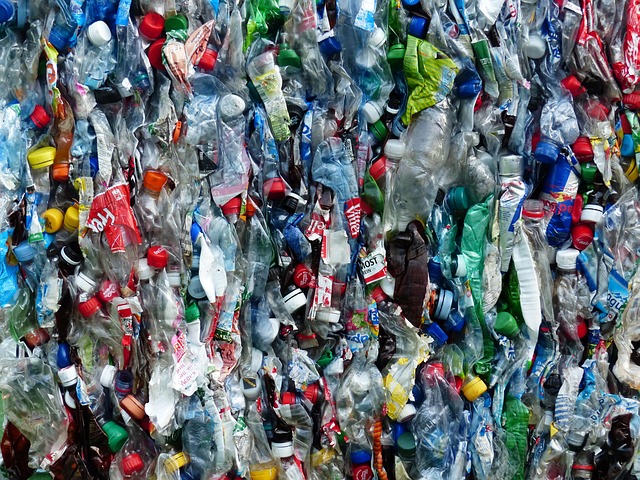As we forge ahead into an era characterized by climate change and environmental degradation, the urgency for innovative strategies that promote sustainability has never been clearer. One of the most effective means of spearheading this change is through environmental collection strategies. These initiatives can significantly reduce our ecological footprint while fostering a culture of responsibility and awareness.
At the heart of sustainable development lies the principle of minimizing waste and maximizing resource efficiency. Environmental collection is integral to this principle, as it not only targets the reduction of waste generation but also emphasizes the importance of redistributing materials back into the production cycle. Implementing effective recycling programs and proper waste management systems allows communities to take a proactive step in reducing landfill dependency, ultimately leading to healthier ecosystems.
With the advent of green technologies, environmental collection strategies have become even more promising. Innovations such as advanced sorting machinery and automated waste processing systems enhance efficiency and ensure that recyclables are effectively identified and processed. These technologies facilitate a seamless transition into a circular economy, where waste is seen as a resource rather than a burden. As individuals and communities adopt these greener approaches, they not only contribute to resource conservation but also inspire others to join in the movement toward sustainability.
Moreover, pushing for carbon neutrality through effective environmental collection practices can drastically alter our planet’s trajectory. Reducing greenhouse gas emissions from waste by enhancing recycling rates contributes to a lower carbon footprint, allowing for cleaner air and healthier communities. As we collectively aim for a carbon-neutral future, every small effort, from composting to proper recycling of plastics, can create a significant impact when multiplied across communities.
What makes these strategies even more compelling is the involvement of local citizens. Grassroots movements centered around environmental collection can empower individuals to engage with their environment actively. Schools, community centers, and local businesses can collaborate to educate the public about the benefits of recycling and resource conservation, fostering a sense of ownership and responsibility. By participating in these eco-friendly practices, individuals not only contribute to the environment but also cultivate a personal connection to their local community.
Ultimately, the key to unlocking the potential of environmental collection lies in fostering a culture that values sustainability and accountability. It’s about going beyond just recycling—it’s a fundamental shift in how we approach consumption and waste management. By embracing ecological principles, leveraging cutting-edge technologies, and cultivating community engagement, we can collectively navigate toward a more sustainable future. The choices we make today will echo through generations, creating a legacy of environmental stewardship that future citizens will be proud to uphold.




